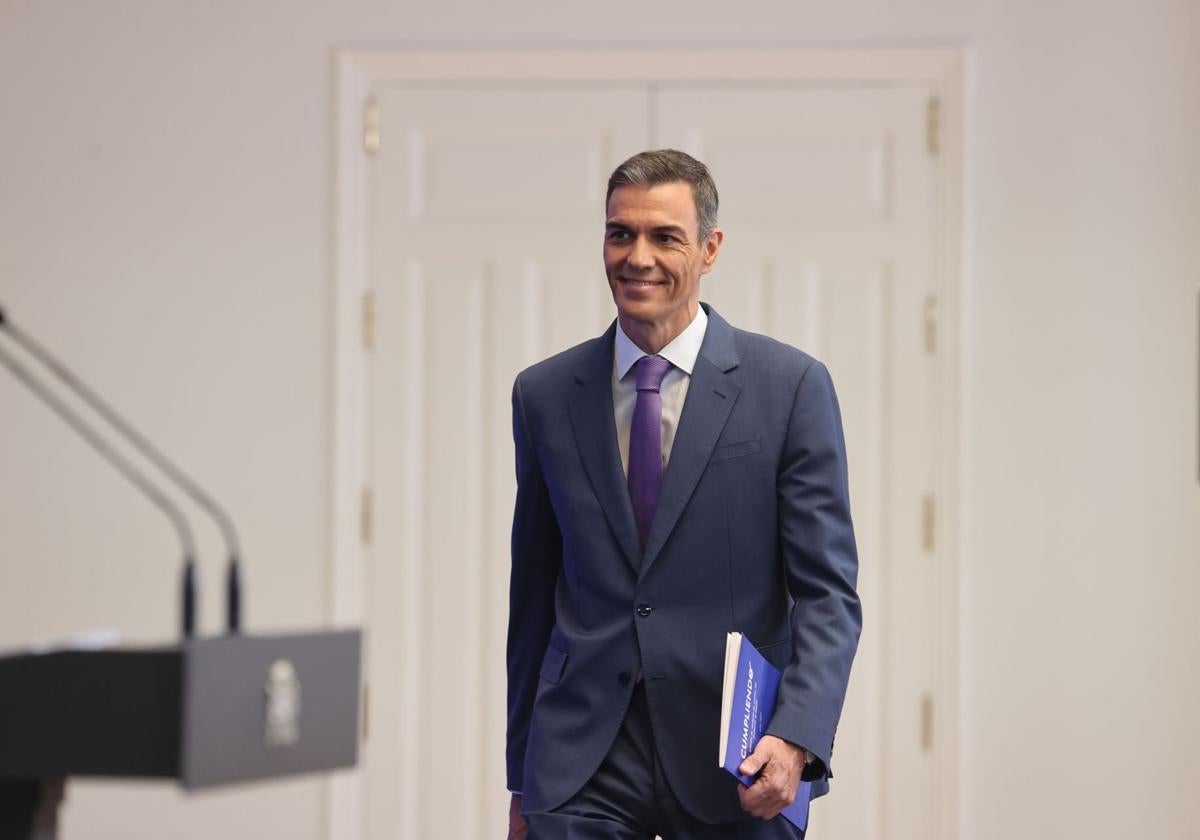What's in it for me?
Spanish politics is like a never-ending feria, the black money and kickbacks flowing like rebujito or Cartojal, writes colmnist Mark Nayler
Mark Nayler
Malaga
Friday, 8 August 2025, 11:34
Amonth after Pedro Sánchez unveiled his doomed plan to clean up Spanish politics, the Council of Europe has criticised Spain for not doing enough to fight corruption. According to a report released last Friday by the Council’s Group of States Against Corruption (Greco), Spain hasn’t fully implemented any of the nineteen recommendations made by the organisation in 2019; three haven’t been acted on at all, while sixteen have only been partially enforced.
Greco’s recommendations focus on the same areas as Sánchez’s anti-corruption plan - and are likely to have as much effect on an ingrained culture of greed and impunity. The report flagged lack of transparency and accountability as two of the biggest problems, not just within the political establishment, but also in the police force and Guardia Civil.
Under Spanish law, political advisers are classified as temporary workers (an arrangement upheld by a Supreme Court ruling in February), and are therefore exempt from rules that apply to civil servants. Since Sánchez took power in 2018, the number of advisers employed by the state has increased from 599 to 948. Similarly, MPs are immune from prosecution by lower courts, and can only be tried before the Supreme Court (although in theory this immunity only applies to actions unrelated to their professional duties).
Sánchez has proposed the establishment of an independent public integrity agency, to “assume key functions in the prevention, oversight and prosecution of corruption practices”. This sounds promising, until you realise that removing politicians’ legal privileges would mean changing the law - and that that would require a parliamentary vote. Can we really envisage Spain’s political class freely choosing to be brought down to the level of ordinary citizens?
As we’re in the middle of feria season, I thought the following analogy might give some impression of how inadequate such proposals are in combating Spain’s corruption problem. Imagine walking onto Malaga’s recinto, on the first Saturday night of feria, and trying to shut it down. You’ve no legal powers whatsoever, and no back up. You just have to go from person to person, trying to convince them that they’d be better off at home, tucked up in bed.
Of course you’d fail, even if you managed to speak to every person present - and for the same reason that toothless anti-corruption reports fail: because everyone involved is having too good a time.
Spanish politics is like a never-ending feria, the black money and kickbacks flowing like rebujito or Cartojal.
To really convince the most corrupt practitioners to change their ways, you’d have to offer them something in return - a promotion, perhaps, or a subsidised villa in Marbella. Perhaps that’s where the anti-corruption plans are going wrong: they’re not incentivising virtue enough.

Comentar es una ventaja exclusiva para registrados
¿Ya eres registrado?
Inicia sesiónNecesitas ser suscriptor para poder responder.
Necesitas ser suscriptor para poder votar.